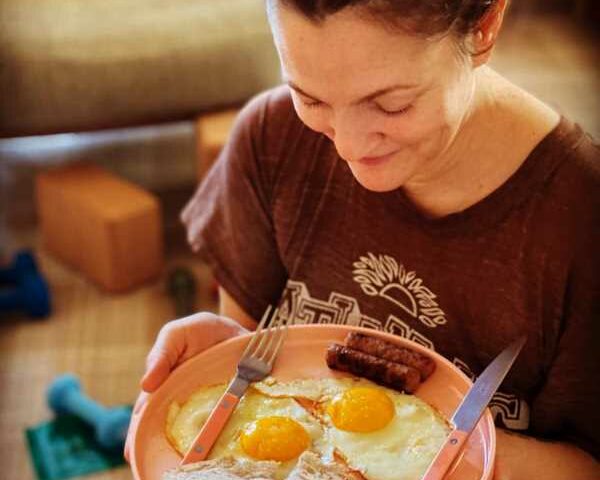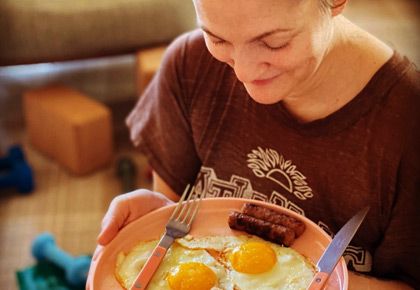While most of us remain confined to our homes to stay safe from the pandemic, Dr Raashi Mehta, consultant dermatologist, Masina Hospital, Mumbai, suggests foods you may include in your diet to boost Vitamin D levels.
Vitamin D commonly called as the ‘sunshine’ vitamin is an important vitamin.
Primarily known for its function in skeletal development, it is unique in the sense that its synthesis is via sun exposure rather than from any dietary source.
Vitamin D is very important to keep your teeth, bones and muscles healthy.
It helps absorb and regulate calcium and phosphorus levels in your body thus enabling your brain, nervous and immune system to fight off infections and maintain your overall health.
Vitamin D is usually present in two forms — ergocalciferol (D2) and cholecalciferol (D3).
While most of us remain confined to our homes to stay safe from the pandemic, some foods you may include in your diet to boost your Vitamin D levels:
1. Fatty fish and fish liver oil
Fatty fish like trout, salmon, tuna and mackerel and fish liver oil like cod-liver oil are the richest sources in the diet for vitamin D.
Vitamin D is naturally present in it.
2. Eggs
Egg yolk cheese and beef liver are also good sources for vitamin D.
Those who do not consume seafood can turn to eggs.
Whole eggs are another excellent source for vitamins A, B, D and E, besides being a nutrient-dense food.
While the white of an egg has the majority of the protein, the yolk contains majority of the fat, vitamins, and minerals.
3. Mushrooms
Mushrooms especially those which are treated with UV light are really good source of vitamin D especially for vegetarians and vegans.
Remember the nutritional content of a mushroom varies depending on whether it was professionally cultivated (indoors, in darkness) or grown in the wild, where it may absorb enough of sunshine.
4. Fortified foods
One of the simplest and most practical ways to fight micronutrient deficiencies is to fortify commonly consumed staple foods.
Fortified dairy products like milk, cheese, yoghurt and ice cream are simple sources for Vitamin D. However, be careful with the quantity of cheese and how you consume it.
5. Plant milk alternatives
If you don’t drink milk, getting adequate vitamin D from your diet can be a challenge.
That’s because dairy milk, which is frequently fortified with the bone-building mineral, is one of the few foods with high levels of D.
Milk alternatives like soy milk, almond milk, coconut milk, and rice milk, on the other hand, may be a rich source of vitamin D.
6. Dietary supplements
Similarly, dietary supplements which contain both Calcidiol and calcitriol are good sources for people especially who live in cooler climates and do not consume seafood or are vegetarian and also people who are dark skinned especially Asian and African population and elderly patients and children.
Source: Read Full Article


